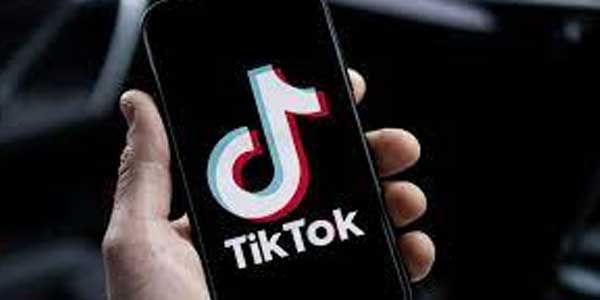Irish regulators have wielded their authority once again, this time slapping TikTok with a hefty 345 million euro ($369 million) fine for data breaches.
This development is just one facet of the ongoing skirmish between the European Union and major tech giants, a battle that spans diverse issues such as tax avoidance, hate speech, data privacy, and monopolistic practices.
Data Privacy and Fines:
Ireland has emerged as a formidable enforcer of data privacy thanks to its role as host to numerous big tech firms' European offices. Friday's substantial fine against TikTok, resulting from mishandling children's data, followed closely on the heels of Ireland's record-breaking penalty of 1.2 billion euros imposed on Meta a mere four months earlier. The latter was penalised for illegally transferring personal data between Europe and the United States. Luxembourg had held the previous record for data-related fines when it imposed a 746 million-euro penalty on Amazon in 2021.
Competition Regulations:
Brussels hasn't hesitated to wield its regulatory might against tech giants accused of stifling competition. Google, in particular, has borne the brunt, with fines exceeding eight billion euros for abusing its dominant market position. In 2018, the company faced the EU's largest-ever antitrust penalty, initially set at 4.3 billion euros (later reduced to 4.1 billion euros), for leveraging its Android mobile operating system to promote its search engine.
Google has also faced billion-euro fines for alleged misconduct in online shopping and advertising sectors. The European Commission has even recommended that Google divest parts of its business, and the company could face a fine amounting to 10 percent of its global revenue if it fails to comply. Apple, too, has been under EU scrutiny for its dominance in the music streaming app industry.
Taxation Challenges:
The EU has been engaged in an uphill battle to compel tech companies to pay more taxes within Europe. These companies have been accused of channelling profits into low-tax jurisdictions like Ireland and Luxembourg. In a landmark case, the European Commission ordered Apple to pay 13 billion euros in back taxes in Ireland in 2016, alleging an unlawful sweetheart tax deal with the government. However, EU judges overturned this decision, citing a lack of evidence of rule-breaking. The commission has since been trying to overturn this reversal. Additionally, the commission lost a tax case involving Amazon, which had been ordered to repay 250 million euros in back taxes to Luxembourg.
Disinformation and hate speech:
Tech platforms have faced persistent allegations of inadequately addressing issues such as hate speech, disinformation, and piracy. The EU's Digital Services Act aims to compel companies to tackle these problems or face fines of up to six percent of their global turnover. This law came into effect in August for 19 major platforms, including TikTok, Facebook, and YouTube, with a broader rollout scheduled for the following year.
Paying for News:
Google and other online platforms have also been accused of profiting from news without adequately compensating content creators. To address this, the EU introduced "neighbouring rights" as a form of copyright, enabling print media to demand compensation for the use of their content. France has served as a testing ground for these rules, with Google and Facebook eventually agreeing to pay some French media outlets for articles displayed in web searches, following initial resistance.



























